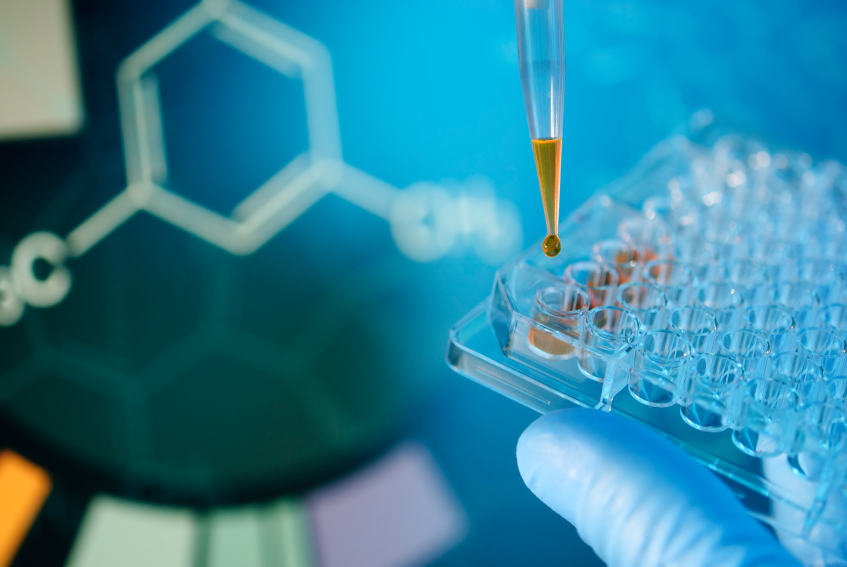As smart as human beings tend to be, they can’t always figure out how to use their abilities in the beast possible way. This creates the perfect scenario for a lot of potential to get wasted, and such a dynamic expectantly benefits no one. Hence, to avoid the said situation, human beings have developed various tools, which are all intentioned to help us recognize and accentuate our skill-set. Now, while each of these tools made an impact under some capacity, they did suffer from one limitation or the other, resulting in what felt like an incomplete pursuit. Nevertheless, after technology arrived on the fore, the landscape changed rather dramatically. Instead of feeling held back by any limitation, we were suddenly living a reality where everything seemed well within our reach. When that becomes the dominant theme, it’s natural to expect some groundbreaking by-products. The by-products emerging from technology, though, will suppress all expectations by establishing a presence throughout the spectrum, and yet this won’t be the end. The creation will continue nurturing different areas at an unprecedented rate. In fact, an example to back the said claim up was put on clear display during a recently-concluded funding round.
Terray Therapeutics has officially secured funding worth $60 million from a recent Series A round. Led by Madrona Venture Group, the round saw many other close participants, including KdT Ventures, Goldcrest Capital, XTX Ventures, Sahsen Ventures, Greentrail Capital, Alexandria Venture Investments, Digitalis Ventures, and Two Sigma Ventures. According to certain reports, Terray plans to dedicate the new cash injection towards its longstanding aim of making artificial intelligence the ultimate centerpiece of drug research. The data generated through AI here is supposed to guide the company in regards to predicting molecules that are best suited for treating a given disease. Although several companies are now on a similar journey, Terray’s approach of using microarrays to test molecules against the target does stand out a little. The company’s in-house tNova technology is another big reason behind the stated edge. With tNova, Terray delivers a setup, which can gauge the binding affinity of each molecule in just 5 minutes, while simultaneously boasting the capacity to analyze over 1 billion data points per day.
“AI alone is not a solution, AI is a tool that works with the data. When those two match, the opportunities are endless. If you have the right type of data and the right AI and machine learning tools, they work together. The data get better, the predictions get better,” said Jacob Berlin, CEO and co-founder of Terray Therapeutics.
The next step for Terray is to get relevant FDA clearance and begin preclinical research. As of now, the company is hoping to bring out its first molecule within the following 18 months. Apart from the internal research, Terray will also reportedly use the new funding for constructing a bigger partner network.



















